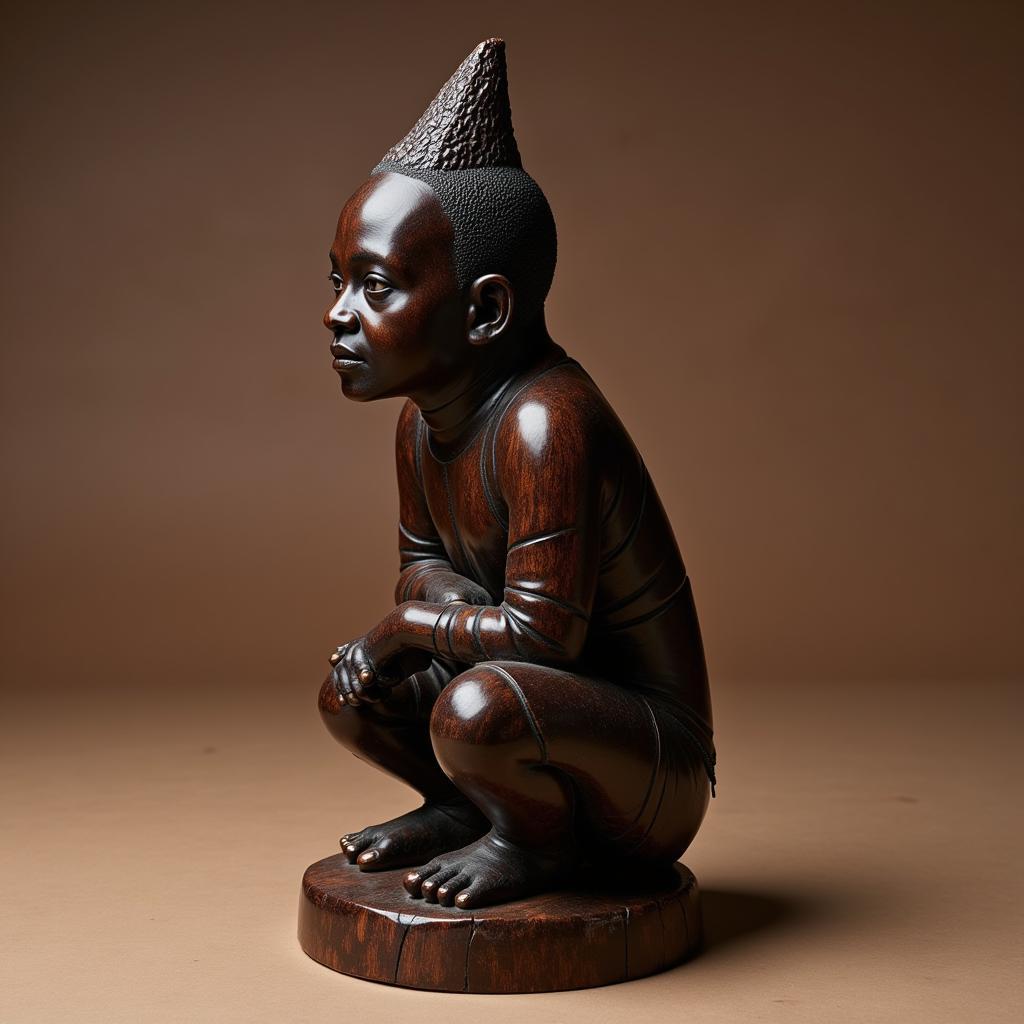The Enduring Power and Impact of African American Male Actors
African American Male Actors have played a pivotal role in shaping the landscape of American cinema and theater. From the early days of Hollywood to the present, these talented individuals have captivated audiences with their charisma, versatility, and undeniable talent. This article delves into the significant contributions of African American male actors, exploring their journeys, triumphs, and the ongoing fight for representation and equality in the entertainment industry.
Early Pioneers and Breaking Barriers
The history of African American male actors in Hollywood is fraught with challenges and triumphs. Early pioneers like Paul Robeson and Hattie McDaniel faced significant racism and discrimination, often relegated to stereotypical roles that reinforced harmful prejudices. However, their talent and determination paved the way for future generations.
A pivotal moment arrived with Sidney Poitier, a Bahamian-American actor who shattered Hollywood’s racial barriers. In 1964, Poitier became the first Black man to win the Academy Award for Best Actor for his performance in “Lilies of the Field.” This groundbreaking achievement marked a turning point in cinematic history, opening doors for greater diversity and representation.
The Rise of New Voices and Diverse Narratives
The late 20th and early 21st centuries witnessed the emergence of a new generation of African American male actors who continued to redefine Hollywood. Actors like Denzel Washington, Morgan Freeman, Samuel L. Jackson, and Forest Whitaker captivated audiences with their range, depth, and ability to embody complex characters.
These actors brought to life a wider array of stories, showcasing the multifaceted experiences of Black men in America and beyond. From historical dramas like “Glory” and “Malcolm X” to compelling thrillers like “Training Day” and “Pulp Fiction,” their performances challenged stereotypes and pushed the boundaries of Black representation.
The Importance of Representation and the Fight for Equality
The journey of African American male actors has been marked by a constant struggle for equality and authentic representation. Despite significant progress, the entertainment industry still grapples with issues of diversity, inclusion, and the need for more opportunities both in front of and behind the camera.
african american male lips colour in rgd
The lack of diversity among writers, directors, and producers often limits the types of stories told and perpetuates harmful stereotypes. However, there is a growing movement within Hollywood and the broader entertainment industry to address these disparities and create a more equitable and inclusive landscape.
The Future of African American Male Actors: A Legacy of Excellence
The legacy of African American male actors is one of resilience, talent, and an unwavering commitment to excellence. From the early pioneers to the current generation, these actors have left an indelible mark on cinema and theater, inspiring generations with their artistry and contributions to cultural discourse.
As the fight for representation and equality continues, the future of African American male actors is filled with promise. With their talent, dedication, and commitment to telling diverse and impactful stories, they will undoubtedly continue to shape the future of entertainment for generations to come.
Frequently Asked Questions about African American Male Actors
1. Who was the first African American to win an Oscar?
Hattie McDaniel was the first African American to win an Oscar in 1940 for her supporting role in “Gone with the Wind.”
2. What were some of the challenges faced by early African American actors in Hollywood?
Early actors faced racism, discrimination, and limited roles that often perpetuated harmful stereotypes.
3. Why is representation in the entertainment industry important?
Representation ensures that diverse voices and perspectives are heard, fostering understanding, empathy, and a more inclusive society.
4. What are some of the ongoing challenges for African American actors today?
Challenges include the need for more diverse stories, increased opportunities behind the camera, and equal pay for equal work.
5. How can we support greater diversity and inclusion in Hollywood?
We can support diverse films and filmmakers, advocate for change within the industry, and challenge harmful stereotypes.
Conclusion
African American male actors have made invaluable contributions to the world of entertainment. Their talent, perseverance, and dedication to their craft have not only entertained but also challenged societal norms and inspired countless individuals. As we celebrate their achievements, it is crucial to continue advocating for greater representation and equality in the entertainment industry. By supporting diverse voices and stories, we can create a more inclusive and vibrant cinematic landscape that reflects the richness and complexity of our world.


